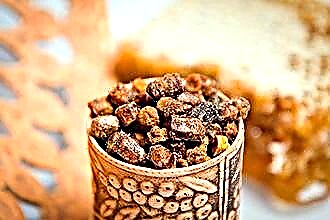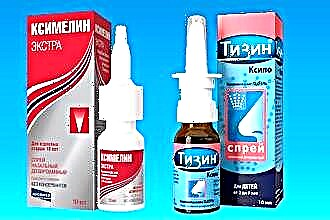Coffee, tea, soft drinks, chocolate, and some medications contain caffeine. In small amounts, it invigorates and increases performance, and in large doses, it can cause discomfort, anxiety, tremors and increased heart rate.
Mechanisms of influence
Natural xanthines such as caffeine and theobromine are found in coffee, tea and chocolate cocktails. They stimulate the nervous system, especially the cortex and brain stem, speeding up certain physiological processes. In some people, these substances provoke allergic reactions: skin rashes, itching, shortness of breath, cough.
Coffee has the ability to constrict blood vessels, raise blood pressure, and stimulate the heart to pump blood faster. Even 50-300 mg of caffeine (about two cups of coffee) can affect your heart rate (HR) and blood pressure. Sensitivity to this substance is different for each person, so your heart rate may increase from a smaller amount of coffee.
In theory, a fatal caffeine overdose is also possible, for the average person it ranges from 80 to 100 cups of coffee drunk in a short time.
The link between coffee and heart attacks has not been confirmed. However, with high blood pressure, drinking can further increase these levels, leading to heart attack or stroke.
For most people, 2-4 cups of coffee a day will not be harmful. However, an increased dose, even in a healthy person, can cause negative side effects.
You are exceeding your caffeine requirement if, after consuming the drink:
- your heart rate is constantly increasing above 100;
- you have a fast heartbeat, involuntary muscle contractions, upset stomach, shortness of breath, or anxiety.
If you want to know everything about tachycardia, we advise you to watch the video below at the link. Causes, symptoms, diagnosis and signs that it is time to see a doctor - about all this in 7 minutes. Happy viewing!
Is it possible to drink coffee with tachycardia
Tachycardia is a condition in which there is an increase in heart rate above 100 beats per minute.
The heart beats faster with coffee. Side effects are stronger in the heart, exacerbating the course of the disease. If the condition worsens, the general advice is to limit or stop drinking coffee.
Scientists from Denmark, as a result of research, came to the following conclusions:
- the amount of coffee consumed does not affect the occurrence of atrial fibrillation (atrial fibrillation);
- people who drink more than four cups of coffee a day face problems associated with increased blood pressure, which also contributes to an increase in tachycardia;
- sinus node function can be impaired due to many factors, among which the use of caffeine is one of the last places.
Drinking coffee with tachycardia is not contraindicated... If you are an avid fan of this drink and cannot give it up right away, try drinking it in small portions so that your body gradually adapts to less caffeine and ultimately you can eliminate it completely from your diet.
Restrictions for Patients with Rapid Heartbeats
Reducing your caffeine intake can help relieve tachycardia and other unpleasant symptoms. To do this, you need to adhere to the following rules:
- To reduce the risk of withdrawal symptoms, gradually reduce the amount of caffeine in your diet. Drink one less cup of coffee each day, or avoid late hours.
- Choose decaf coffee.
- Some medications, such as pain relievers, contain about 130 mg of caffeine. When using these medications, choose decaffeinated products.
- With an increase in heart rate, you need to drink the drink without sugar, you can add cream.
- It is better to drink coffee thirty minutes after breakfast, and not on an empty stomach.
- Instant coffee should be eliminated from the diet altogether. It is capable of disrupting the work of even a completely healthy heart.
- Certain medications and herbal supplements, including theophylline, echinacea, and a number of antibiotics like ciprofloxacin and norfloxacin, can enhance the effects of caffeine, making tachycardia more likely. If you start taking these medications, talk with your doctor about how much caffeine is safe for you.
Women who are expecting a baby and breastfeeding mothers, as well as people with hypertension or stomach ulcers, should avoid or severely limit their caffeine intake. For example, pregnant women are advised not to drink more than two cups of coffee a day, as it has a negative effect on the fetus - in particular, it increases the risk of having a baby with a cleft lip and heart defects.
Conclusions
Arrhythmia and coffee are related, but the former does not directly depend on the latter. Drinking coffee cannot be called the cause of tachycardia, it occurs due to other factors. But caffeine increases heart rate and blood pressure, which is why there is a feeling of interruption in the heart. In order to reduce the symptoms of arrhythmia, you need to limit the use of drinks containing caffeine, and, if possible, completely refuse them.



